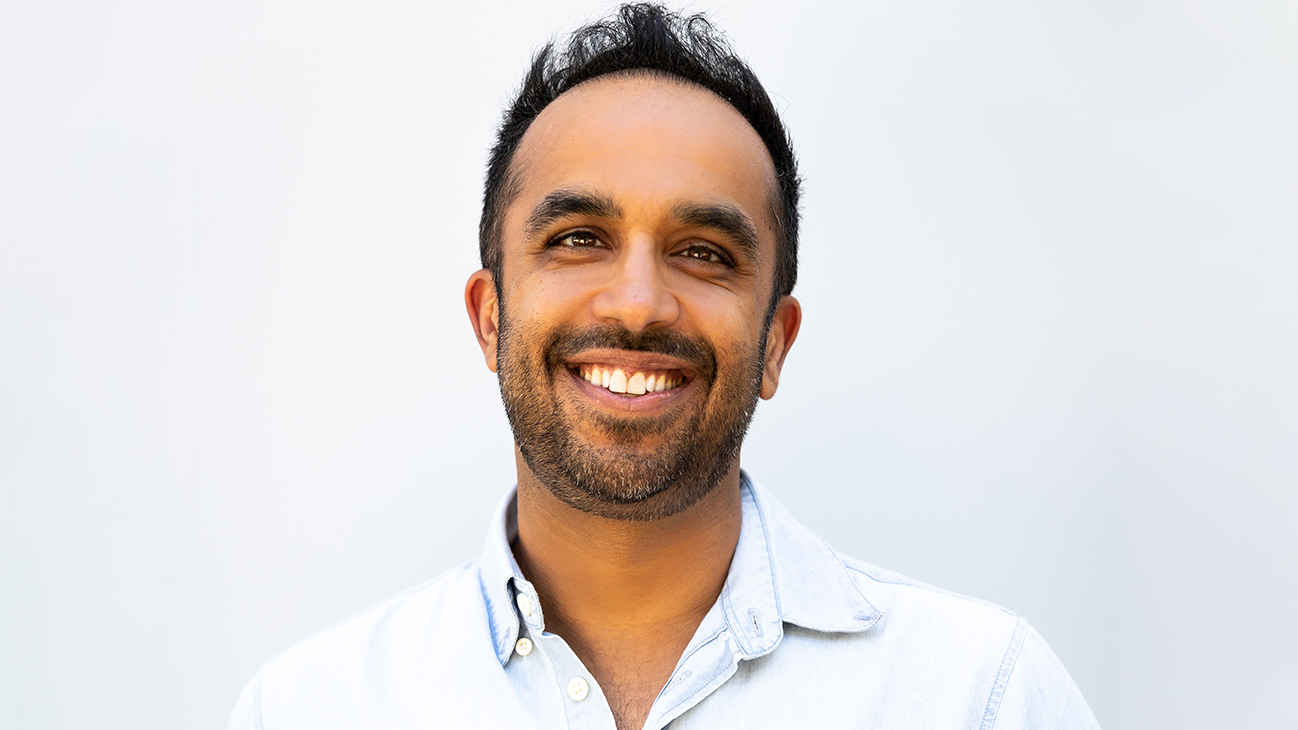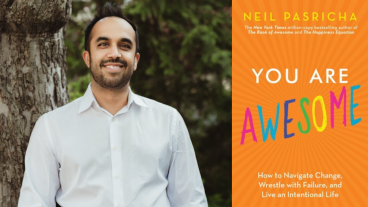As our world gets busier and our phones get beepier, the scarcest resource for all of us is quickly becoming attention and creative output. Every single one of us needs to work harder than ever to make time to put something new and beautiful out into the world.
Here are ten daily habits I use to help make time:
1. Have a morning “wake up” routine
For me, I grab my journal to take two minutes writing out three prompts:
- I will let go of…
- I am grateful for…
- I will focus on…
Research titled “Don’t look back in anger!” by Brassen, Gamer, Peters, Gluth, and Bluch reported in Science magazine shows that minimizing regrets as we age creates greater contentment and happiness. The research also shows that holding regrets causes us to take more aggressive and risky behaviors in the future. The most healthy and happy people notice mistakes in their lives and then choose to let them go. (I will let go of…)
Research by Emmons and McCullough shows if you write down five gratitudes a week you’re measurably happier over a ten-week period. The more specific the better! Don’t write “my dog” ten days in a row. Try “When Trooper learned to shake a paw” or “The moment I saw Ezekiel bringing me a coffee,” etc. (I am grateful for…)
As Roy Baumeister and John Tierney say in Willpower, “Decision fatigue helps explain why ordinarily sensible people get angry at colleagues and families, splurge on clothes, buy junk food at the supermarket and can’t resist the dealer’s offer to rust-proof their new car. No matter how rational and high-minded you try to be, you can’t make decision after decision without paying a biological price. It’s different from ordinary physical fatigue — you’re not consciously aware of being tired—but you’re low on mental energy.” So the last prompt helps me carve a “will do” from my endless “could do” and “should do” lists. (I will focus on…)
2. Go to the gym 3 times a week
I find that each time I lift heavy weights at the gym I buy myself about 48 hours where I don’t really feel stress. It’s almost magic. I don’t like going to the gym! But I go for the 48-hour magic. Even just half an hour every other day is like a pill towards feeling good and improving everything. I like workouts such as Push/Pull/Legs and 5×5.
3. Split income into ‘Give’, ‘Save’, and ‘Spend’ jars
I got this idea as a method for giving kids allowance from the book The Opposite of Spoiled but also find it to be a helpful mental model for myself. It is a simple system that prevents constant financial analysis. Just discuss and set the percentages that work for you… and you’re done. Check out this interview I did on Cityline to learn more about how to use this game to teach kids money management skills.
4. Walk 5km a day
I do all phone meetings while walking and it adds up. In addition to good health and connecting with my community I find I keep walking after the meetings and it drives my most creative ideas.
5. Schedule one UNTOUCHABLE day a week
A New Yorker feature by Alexandra Schwartz calls our focus on productivity and hustle “improving ourselves to death.” She writes, “It’s no longer enough to imagine our way to a better state of body or mind. We must now chart our progress, count our steps, log our sleep rhythms, tweak our diets, record our negative thoughts — then analyze the data, recalibrate, and repeat.” What’s the solution? Untouchable Days. This is a day where I am literally unreachable, by anyone, in any way, including over the Internet, all day. My productivity is about 10 times higher on these days. I go deeper into this concept in my book on building resilience, You Are Awesome.
6. Read 20 pages of fiction a day
The Annual Review of Psychology published a report in 2011 that said books are medicine. They create empathy and intimacy and happiness. Why? Our brain’s mirror neurons fire when we read about experiences we have not lived. When we’re another gender, in another country, in another era… our minds think we’re there. We live inside the mind and through the life of the person we’re reading about. It’s like that Game of Thrones quote: “A reader lives a thousand lives before he dies… the man who never reads lives only one.” Science magazine published a formative study in 2013 which showed that reading literary fiction improved test results measuring social perception and empathy. Translation: You become a better parent, boss, student, and human being.
7. “Wear one suit.”
It’s a principle. I wear a black suit jacket, white dress shirt, dark blue jeans, pink socks, Nike running shoes, and my yellow watch to every single speech and media interview I do. This year I’m giving about 75 speeches and doing around 100 filmed media spots and I never think about what to wear for any of them. I just buy multiples of the same running shoes, shirts, socks, etc. I follow the same principle with my breakfast. “Drink one shake.” I’ve been drinking essentially the same shake for over a dozen years. What’s in it? Water, ice, turmeric, cinnamon, powdered greens, powdered protein, chia, hemp, frozen fruit, frozen greens, nut butter, avocado, and yogurt. What in your life can you systemize?
8. “Write first.”
Another principle. Writing takes more of my energy than any other work I do so I begin my day with my writing so it gets done. Sometimes I write for a few hours. Sometimes ten minutes. But it’s always at the beginning of the day. You may have heard a similar principle for going to the gym: “Squat first.” Pick the hardest thing for you and make sure that’s where you start.
9. Hide your cell phone.
Three University of Bologna professors published a report in the Sloan Management Review which showed that anxiety spikes when students don’t have their cellphones for even a single day. We are addicted to our phones! Everyone talks about intermittent fasting with food. We should be talking about intermittent fasting with phones. When do you unplug? When do you plug back in? And how are you working to increase the space between those two times? Our phones are becoming dangerous. On Friday nights I give my cell phone to my wife and say “Hide this until Monday morning.” It doesn’t always work but I generally go a day or two. I do this many evenings as well.
10. Have a nighttime “wind down” routine.
Recent research from Australia shows that exposing our brains to bright screens before bed reduces melatonin production — the sleep hormone. So, for me, I have no screens and no technology in the bedroom and my “wind down” routine includes a shower, brushing my teeth with my wife, and reading fiction before bed.
A Harvard MBA, New York Times bestselling author, award-winning blogger, and one of the most popular TED speakers in the world, Neil Pasricha is “a pied piper of happiness” who dazzles audiences with ideas that skyrocket happiness into the stratosphere.
With infectious enthusiasm, heartfelt authenticity, and a “what works” authority, Neil draws on the latest research in happiness to increase individual performance and create a more positive and productive workplace.
Interested in learning more about Neil and what he can bring to your next event? Email us at [email protected].




